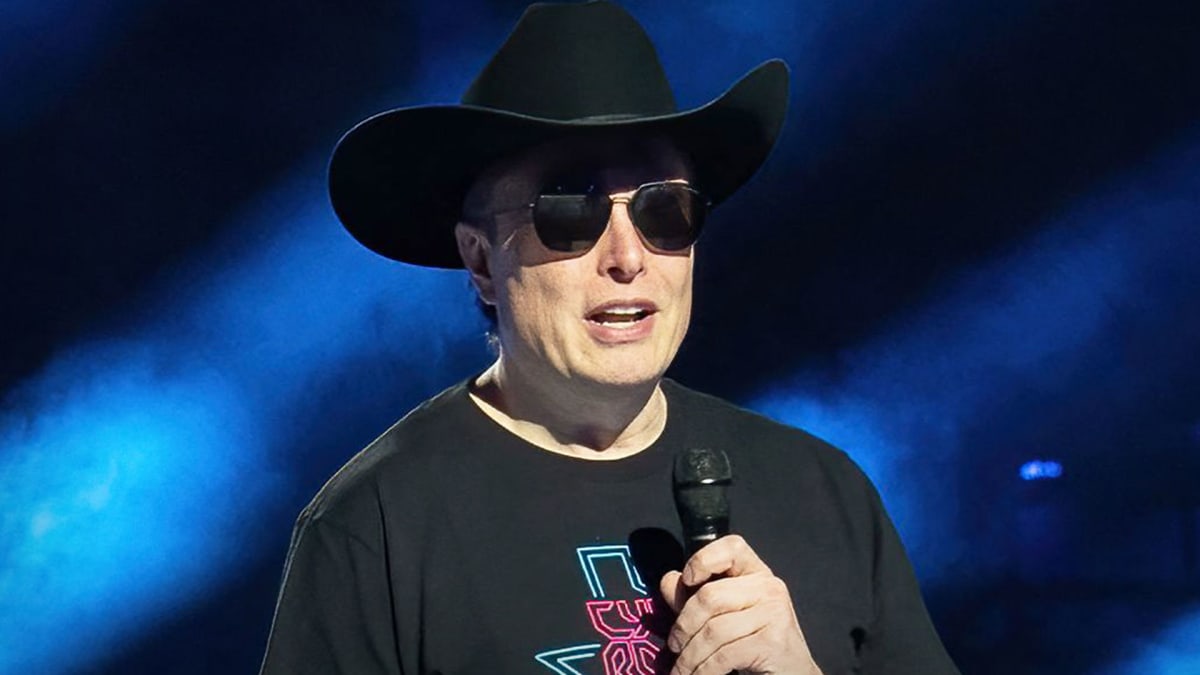
Elon Musk is at the head of an empire which gives him considerable influence throughout the world.
He is the CEO of Tesla (TSLA), the company that dominates the electric vehicle industry. The demand for its vehicles has greatly increased with the need for reductions in CO2 emissions all over the planet.
Musk is also the boss of SpaceX, the aerospace company, whose Starlink service has become a hope for populations living under oppressive regimes. Starlink provides independent and secure internet access via satellite. Its success in Ukraine has contributed to its popularity in countries like Cuba and Iran, and even in China.
To this already enormous influence, Musk has now added Twitter (TWTR). The social network is considered the town square of our time. The place where information travels very quickly and where the agenda of the issues deemed important is often determined.
Hellescape?
The importance of the platform comes with great responsibility. And it is expressed in the content policy of the microblogging website. Basically, what is acceptable on the platform. Musk has never made a secret of being a "free speech absolutist." This means that he believes that anything is acceptable, as long as it doesn't break the law. The problem is that this stance scares companies, civil rights groups and politicians who fear it will turn Twitter into a "hellescape."
Advertisers have, therefore, put pressure on the billionaire, by suspending their advertising spots, as they wait to see which direction he intends to take. Civil rights groups have also warned against the surge in hateful, racist and anti-Semitic posts since Musk took control of Twitter on Oct. 27.
The European Union has already indicated to Musk that Twitter will have to comply with its rules, which aim to make the Internet a "safer space for users."
"In Europe, the bird will fly by our 🇪🇺 rules," Thierry Breton, the European commissioner for the internal market, said on October 28. He added the hashtag "#DSA."
DSA refers to the Digital Services Act, a law adopted last January by the European Parliament, to regulate the Internet.
The EU wants what is prohibited offline to be prohibited online as well.
The law requires that social networks set up a "button” for users to report offensive content. It should be easy to access and easy to use. In other words, you should not have to click 36,000 times to trigger a report. Platforms are also clearly asked to dedicate resources to better moderate their networks, i.e. to erase illegal content (homophobic, racist, pornographic, illegal products, etc.).
The law will come into effect in 2024 and includes fines of up to 6% of a platform's overall revenue.
'Absolument'
It is in this context that Emmanuel Macron, the president of France, has just launched an initiative intended to better protect children from predators, pedophiles and online abuse and bullying.
To do this, Macron needs the collaboration of the main players who dominate the internet. He managed to convince TikTok, Meta Platforms (META) and Google (GOOG), the main competitors of Twitter. But aware that his initiative would have limited success if one of the major players did not participate, Macron contacted Musk directly.
"We need to better protect our children on social networks and the Internet!" the French president posted on Twitter on November 10. "To protect our children on the Internet, we need to better verify user age, better detect and stop sexual predators, and better identify and address bullying. We need to be more efficient in taking down content."
He continued: "Alongside our partners, today we are launching the Children Online Protection Lab. France, Estonia, New Zealand, Amazon, Dailymotion, Meta, Microsoft, Alphabet, Snap, TikTok and Qwant have signed up. All those who are willing should join us!"
Macron then directly asked if Twitter would join the initiative: "👋 @elonmusk, Will the bird protect our children?"
"Absolument," Musk responded in French. The word means absolutely.
The billionaire's engagement is not a big surprise. Last September, he was outraged after a study by Ghost Data showed that Twitter placed marketing campaigns from vehicle manufacturer Mazda, Dyson and chemical company Ecolab, alongside tweets soliciting child pornography.
More than 30 brands ranging from Walt Disney to Coca-Cola to NBC Universal had ads that appeared on Twitter account pages next to content promoting child pornography, says Reuters who reviewed the findings of a study by cybersecurity firm Ghost Data on online child sex abuse.
"Extremely concerning," commented at the time Musk, 51, father of nine.
The company said in its Transparency Reports, published last July, that it has "suspended 596,997 unique accounts during this reporting period – a 32% increase since our previous report."
The report covers July-December 2021.







